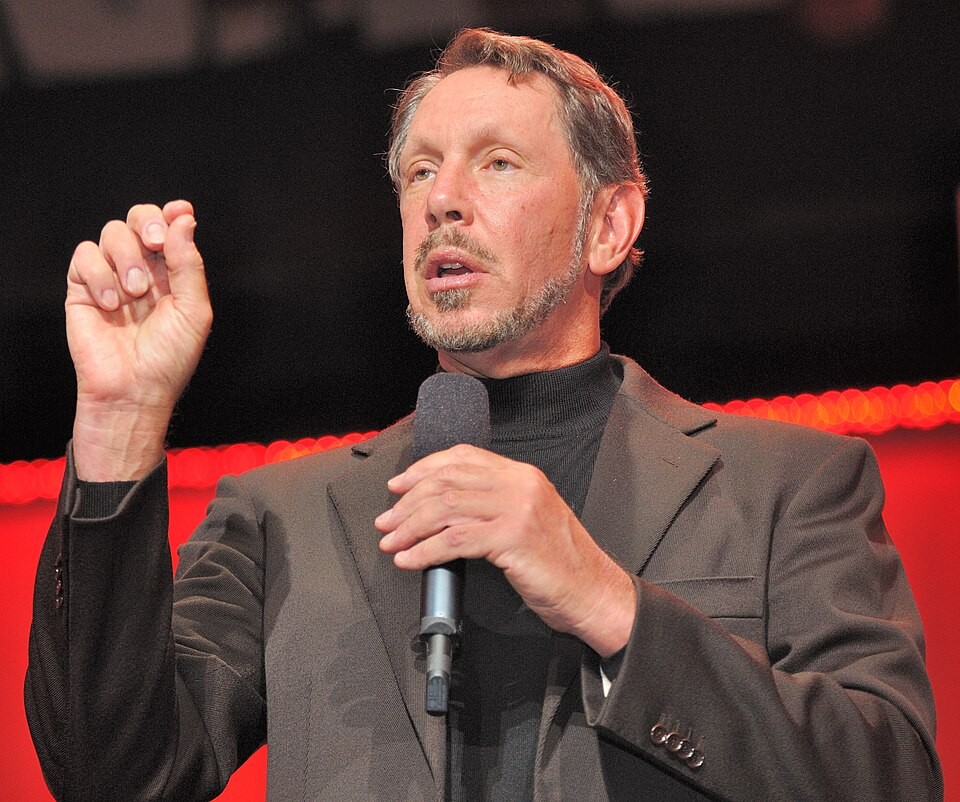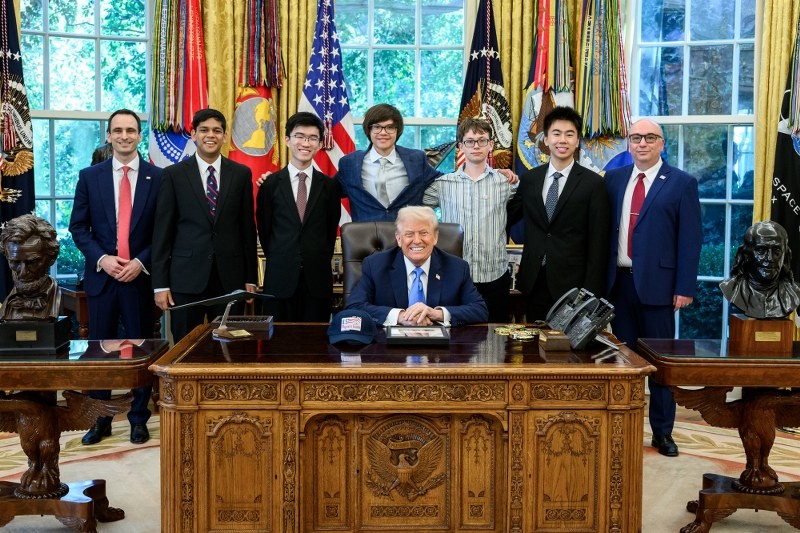Oracle co-founder Larry Ellison, world’s 2nd richest, plans to donate 95% of his fortune

Oracle co-founder Larry Ellison has climbed to the position of the world’s second-richest person, trailing only Tesla chief Elon Musk, with a net worth of $373 billion, according to Bloomberg’s Billionaires Index.
His fortune has surged in recent months, largely fuelled by Oracle’s soaring stock price amid the artificial intelligence boom.
Yet, beyond his wealth, Ellison has pledged to part with nearly all of it.
Back in 2010, he joined the Giving Pledge, vowing to donate 95% of his wealth.
Unlike many others, however, he has steered away from traditional nonprofit routes, insisting he prefers to give on his own terms.
A Fortune report sheds light on how Ellison intends to fulfill this pledge.
Much of his philanthropic activity is being channelled through the Ellison Institute of Technology (EIT), a for-profit research hub based at the University of Oxford.
EIT is addressing pressing global challenges, including healthcare, food insecurity, climate change, and AI innovation.
A new Oxford campus for the institute—costing an estimated $1.3 billion—is set to open in 2027.
Ellison’s giving has included landmark donations — $200 million to the University of Southern California to establish a cancer research center, and approximately $1 billion to the Ellison Medical Foundation, which focused on aging and disease prevention before shutting down.
Though his direct donations appear smaller compared with some of his billionaire peers, his long-term commitments through the Giving Pledge and the Ellison Institute add up to billions.
Ellison has made it clear that nearly all of his fortune will eventually be devoted to philanthropic causes, managed strictly according to his own vision and timeline.
EIT itself has seen turbulence in leadership. In 2024, Ellison tapped scientist John Bell to head its research, according to The New York Times.
But by August, Ellison announced that former University of Michigan president Santa Ono would “collaborate” with Bell.
Within two weeks, Bell resigned, citing it as a “very challenging project.”




